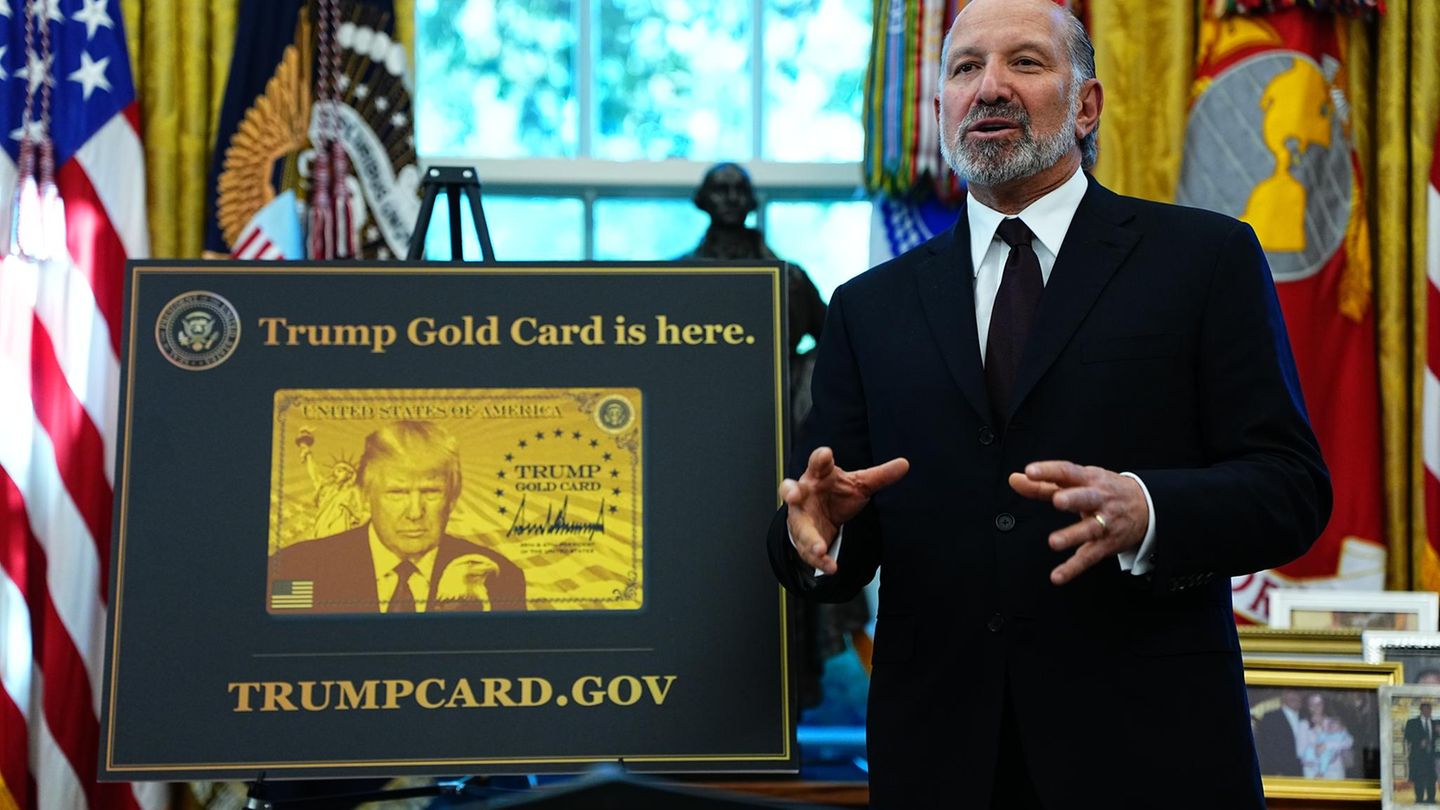column
The tough course that Dietmar Woidke took for the Brandenburg state elections had an effect. But would this approach also be suitable for the candidates for chancellor?
Dietmar Woidke’s influence may be more extensive than he himself believed. No sooner had the projections declared Brandenburg’s Prime Minister the winner than Donald Trump came forward. The presidential candidate may have followed the success of Woidke’s announcement on social media that he would leave if the SPD ended up behind the AfD. Trump promptly announced that he would not run again in 2028 if he lost that year. Put pressure on voters – Woidke is effective.
Just kidding.
Woidke went “all in”
But it is true: Woidke took a risk, “all in”, as it is often called today. He went headfirst into the wall. If such a risk is to be worthwhile, it requires a personality that people can be impressed by, otherwise the warning of consequences would make no sense. So – to get rid of the inevitable example straight away – if Olaf Scholz were to combine early elections with the announcement that he would step down if he ended up behind Friedrich Merz, then, well, not all voters would currently see that as a threat.
Personality is important in politics. The CDU has always linked this with the promise of conservative continuity, from Adenauer (“No experiments”) to Merkel (“You know me”). For the SPD, on the other hand, personality stood for political awakening (“Vote for Willy”). But the social democrats also know that personality alone is not always enough to bring about the desired mobilization. Gerhard Schröder, the biggest gambler of all SPD chancellors, tried to turn the early elections in 2005 into a kind of personal plebiscite and famously did not stop even after the polls had closed in the television round of the top candidates. “The Germans have clearly voted on the candidate question,” Schröder wanted to talk up a victory over Angela Merkel, even after he had long since lost.
The competition would probably have better chances
But what can we learn from all this for the next federal election? Given the current state of affairs, neither Friedrich Merz nor Olaf Scholz can attribute any particular advertising effectiveness to their personalities. One can only assume that the same wavering figures keep approaching in their nightmares, in one case Boris Pistorius, in the other Hendrik Wüst and Markus Söder. Nor can it be expected that the challenger intends to change anything of his own accord; after all, Merz is concerned about not endangering his current lead. He must resist the provocations of his political rivals, which could rekindle the hot-tempered character in him, the embers of which he has successfully extinguished for some time.
Things are different with Scholz. It may be that he will still manage to do something as chancellor that will put his personality in a new light, at best a successful negotiation in the war in Ukraine. But it is also conceivable that after four years of almost constant criticism and constant doubt, some Germans will suddenly find it remarkable how he has managed to get through it all. But they will not vote for him out of pity.
Only if voters saw the stoicism that makes Scholz seem distant and aloof as a quality in itself would they possibly reassess his personality. And only then could the Chancellor go “all in”.
Source: Stern
I have been working in the news industry for over 6 years, first as a reporter and now as an editor. I have covered politics extensively, and my work has appeared in major newspapers and online news outlets around the world. In addition to my writing, I also contribute regularly to 24 Hours World.




